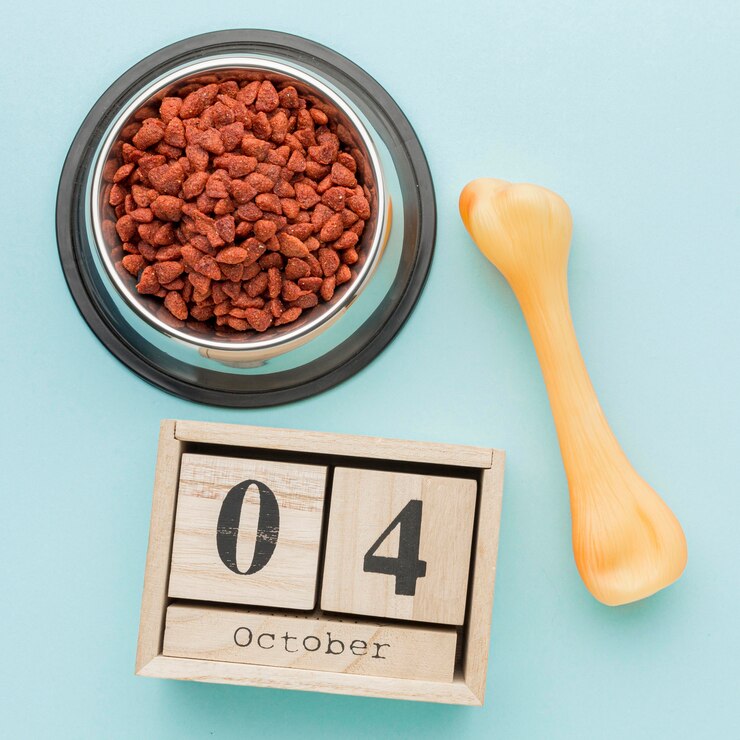Dogs are curious creatures, and their adventurous snouts often lead them to sample foods they probably shouldn’t. If you’re here because your dog ate a teaspoon of refried beans, don’t panic. While a small amount might not cause severe harm, it’s important to understand the potential risks and take the right steps to ensure your pup stays healthy.
This guide will walk you through everything you need to know — from what to do immediately, to the potential dangers, and how to prevent future incidents.
The Immediate Steps to Take
Assess Your Dog’s Condition
After discovering your dog ate refried beans, the first step is to observe their behavior. Are they acting normal, or do you notice anything unusual such as vomiting, diarrhea, or lethargy? While a teaspoon might not seem alarming, the ingredients in refried beans can sometimes upset a dog’s digestive system or even pose toxic risks.
Remove Any Remaining Beans
Clean up any leftover beans from the area to prevent your dog from consuming more. Refried beans, especially those flavored with spices or additional ingredients like onions and garlic, can be harmful if ingested in larger amounts.
Ensure Access to Fresh Water
Refried beans tend to be salty, and high sodium intake can lead to dehydration or even salt poisoning in dogs. Make sure your furry friend has plenty of fresh water available to counteract the salt content and keep them hydrated.
Call Your Veterinarian If in Doubt
If your dog has a pre-existing condition, is small in size, or starts showing unusual symptoms, it’s always better to err on the side of caution and contact your vet as soon as possible.
Potential Risks and Red Flags
Refried beans are not toxic to dogs, but they often contain ingredients that can cause health issues. Here’s what you need to know about the potential risks and danger signs to watch for.
Ingredients That Can Harm Dogs
- Onions and Garlic: These are commonly used to flavor refried beans and can be toxic to dogs, causing damage to red blood cells and resulting in anemia.
- Spices: Chili powder, cumin, and other seasonings may cause stomach discomfort or irritation.
- Excess Salt: Too much sodium can lead to dehydration, vomiting, and in severe cases, salt poisoning.
- Lard or Fat: High-fat ingredients can upset your dog’s stomach and increase the risk of pancreatitis.
Signs of Trouble
Keep an eye out for these symptoms, which might indicate your dog is having an adverse reaction:
- Vomiting or diarrhea
- Excessive drooling
- Lethargy or weakness
- Loss of appetite
- Increased thirst or urination
- Difficulty breathing
If any of these symptoms develop, contact a veterinarian immediately for guidance.
Consulting a Veterinarian
When Should You Call the Vet?
If your dog consumed just a teaspoon of plain refried beans, they’ll likely be fine. However, if the beans were heavily seasoned or your dog has pre-existing health conditions, it’s wise to consult your vet.
Pay particular attention if your dog is small or has a sensitive stomach — even small amounts of harmful ingredients can have a significant impact. You should also call your vet if symptoms like vomiting or diarrhea persist for more than 12 hours.
What Information to Share with Your Vet
When contacting your vet, be prepared to provide the following details:
- The quantity of refried beans consumed
- Any suspect ingredients (e.g., onions, garlic, spices)
- Your dog’s breed, size, and weight
- Any symptoms you’ve observed so far
This information will help the vet assess the situation and provide the best advice.
Treatment and Recovery
What Your Vet Might Recommend
After assessing the situation, the vet may suggest treatments such as:
- A Bland Diet: Foods like boiled chicken and rice to soothe your dog’s upset stomach.
- Medication: Anti-nausea or anti-diarrheal medications might be prescribed to alleviate symptoms.
- Fluid Therapy: If dehydration is a concern, your dog may need fluids to help rehydrate.
How to Support Recovery at Home
- Keep your dog well-hydrated.
- Follow any dietary recommendations your vet provides.
- Monitor your dog closely over the next 24-48 hours for any worsening symptoms.
Most dogs bounce back quickly after a minor dietary mishap, but attentive care is essential to ensure a smooth recovery.
Preventing Future Incidents

Keep Harmful Foods Out of Reach
Dogs love to explore, so it’s important to dog ate a teaspoon of refried beans-proof your kitchen and dining areas. Store harmful foods like refried beans, chocolate, and alcohol in secure places that your dog can’t access.
Educate Family and Visitors
Make sure everyone in your household (and even guests) knows which foods are safe and unsafe for your dog. A well-meaning friend offering table scraps could accidentally put your dog at risk.
Offer Dog-Friendly Alternatives
If your pup is drawn to your food, try offering them safe, dog-friendly snacks like carrot sticks, plain boiled chicken, or specially formulated treats.
Keep Your Dog Safe and Healthy
Incidents like your dog eating a teaspoon of refried beans are common, but quick action and informed decisions make all the difference. By monitoring for red flags, consulting with your vet when necessary, and creating a safe home environment, you can help ensure your furry friend’s health and happiness.
Want to protect other pet owners from similar incidents? Share this guide with friends, family, and fellow dog lovers — because every dog deserves a safe and loving home.

